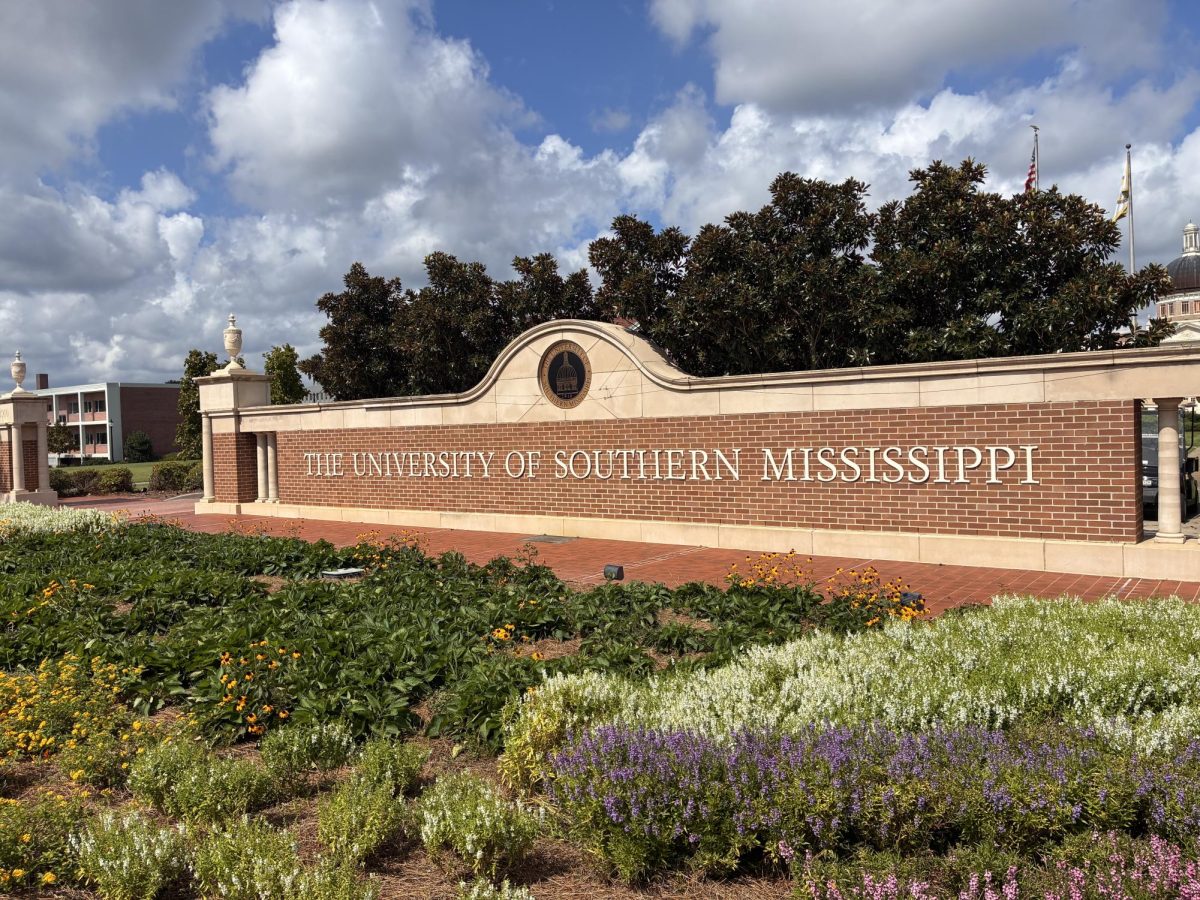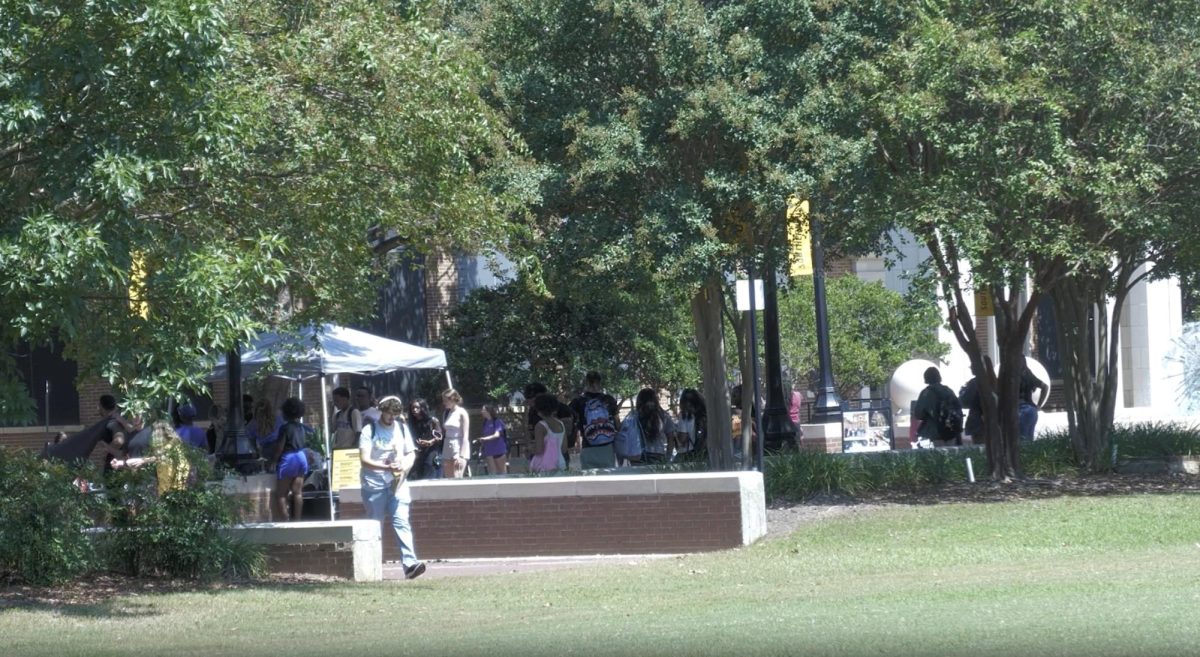Governor Phil Bryant recently announced his refusal to accept Syrian refugees into Mississippi. Bryant was one of at least 17 governors who vowed last week to stop the admittance of refugees into their states. State governors denying the federal government’s settlement plans for 10,000 refugees range from all across the nation and outweigh the number of state governors welcoming refugees. Majority of these denying states are Republican.
“I will do everything humanly possible to stop any plans from the Obama administration to put Syrian refugees in Mississippi,” Bryant said. “The policy of bringing these individuals into the country is not only misguided, it is extremely dangerous.”
His decision is well-supported by several state and local leaders in Mississippi. Representative Steven Palazzo and Senator Roger Wicker also have declared their refusal of admitting refugees.
“I’m currently working with the Mississippi Department of Public Safety and Mississippi Office of Homeland Security to determine the current status of any Syrian refuges that may be brought to our state in the near future,” Bryant said.
The denial claims began when authorities revealed that one of the suspects accused of involvement in the Paris terrorist attacks entered Europe through waves of Syrian immigrants. He had posed as a Syrian man named Ahmad al Muhammad and entered Greece in early October.
Governors oppose wish state government either deny the acceptance of any Syrian refugees being relocated as part of a federal program or that refugees be thoroughly examined for potential security threats.
Michigan governor Rick Snyder said the state would “put on hold our efforts to accept new refugees… our first priority is protecting the safety of our residents.”
Snyder requested that the Department of Homeland Security review its security procedures for vetting refugees.
“It’s also important to remember that these attacks are the efforts of extremists and do not reflect the peaceful ways of people of Middle Eastern descent here and around the world,” Snyder said.
Texas governor Greg Abbot said in a letter to Obama that “American humanitarian compassion could be exploited to expose Americans to similar deadly danger.”
Georgia governor Nathan Deal said in a statement that Georgia will not accept any Syrian refugees “until the federal government and Congress conducts a thorough review of current screening procedures and background checks.”
Sam Barnsley, an international student from England pursuing a Master’s in Business Administration at USM, said that although the conditions in parts of Syria are unlivable, he feels well-established countries such as the United States and the United Kingdom should not be taking in refugees.
Barnsley said there are surrounding countries within the Middle East that have the capacity to take in these refugees. He recognizes that his home country has immigration problems already and feels that neither the U.K. nor the U.S. will benefit their citizens by admitting these refugees.
“It is extremely frustrating as an international student, who is struggling to find ways to become a permanent resident in the U.S. to see the country plan to take in thousands of refugees, house them and help them find jobs when I will be sent home in 2017,” Barnsley said.
Although many states are choosing to block the admittance of Syrian refugees, there are some who choose to welcome them with open arms.
For example, Delaware Governor Jack Markell announced recently that the he plans to accept refugees, despite Republican calls not to accept them in Delaware.
“It is unfortunate that anyone would use the tragic events in Paris to send a message that we do not understand the plight these refugees, ignoring the fact that the people we are talking about are fleeing the perpetrators of terror,” Markell said.
Ben Burkett, a double major in banking and finance and entrepreneurship at USM, said he also believes the nation should accept refugees.
“I do not think we should deny anyone seeking refuge entrance to our country,” Burkett said. “I do, however, think they should have to go through the same process as everyone else, as well as extensive international background checks and screening processes.”
President and Chief Executive of the U.S. Committee for Refugees and Immigration Lavinia Limon said no matter how many states try to assert authority over Syrian refugee acceptance, that authority lies with the federal government. States can, however, make the acceptance process much more strenuous for the federal government.
The Council on American-Islamic Relations argues states’ denials of accepting refugees goes against American ideals.
“Defeating ISIS involves projecting American ideals to the world. Governors who reject those fleeing war and persecution abandon our ideals and instead project our fears to the world,” the council said.
Since the attacks in Paris, France has retaliated with efforts to close their borders. French President Francois Hollande ordered the borders to be closed to prevent the fleeing of anyone involved in the attacks. However, this has become a challenge for the country since it is a part of the European Union. People of the EU are allowed to travel freely among the borders without passport identification. This poses a problem since the terrorists involved in the attacks could be members of the EU and pass through border patrol services unknowingly.
So although France has shown efforts to crack down on border control, it seems that their efforts to completely close their borders is too large of a task for France to accommodate.
Like France and other countries, the United States also has border patrol services. Thorough vetting has always been a procedure for immigrants entering the country. Immigrants are also protected through the Refugee Act of 1980 by President Jimmy Carter.
The act was an amendment to the earlier Immigration and Nationality Act and the Migration and Refugee Assistance Act, and was established to provide a proper and effective way for resettlement and adsorption of refugees in the United States.
This raised the number of immigrants the country was allowed to accept and identified procedures for the country to follow when the admittance of over 50,000 was necessary. This act exemplifies how the Obama Administration is planning to handle the influx of Syrian refugees and the administration’s desire to fulfill humanitarian actions.
The Obama Administration still plans to move forward with its ideas to thoroughly vet refugees and admit as many as 10,000 refugees into the country within the next year.






























